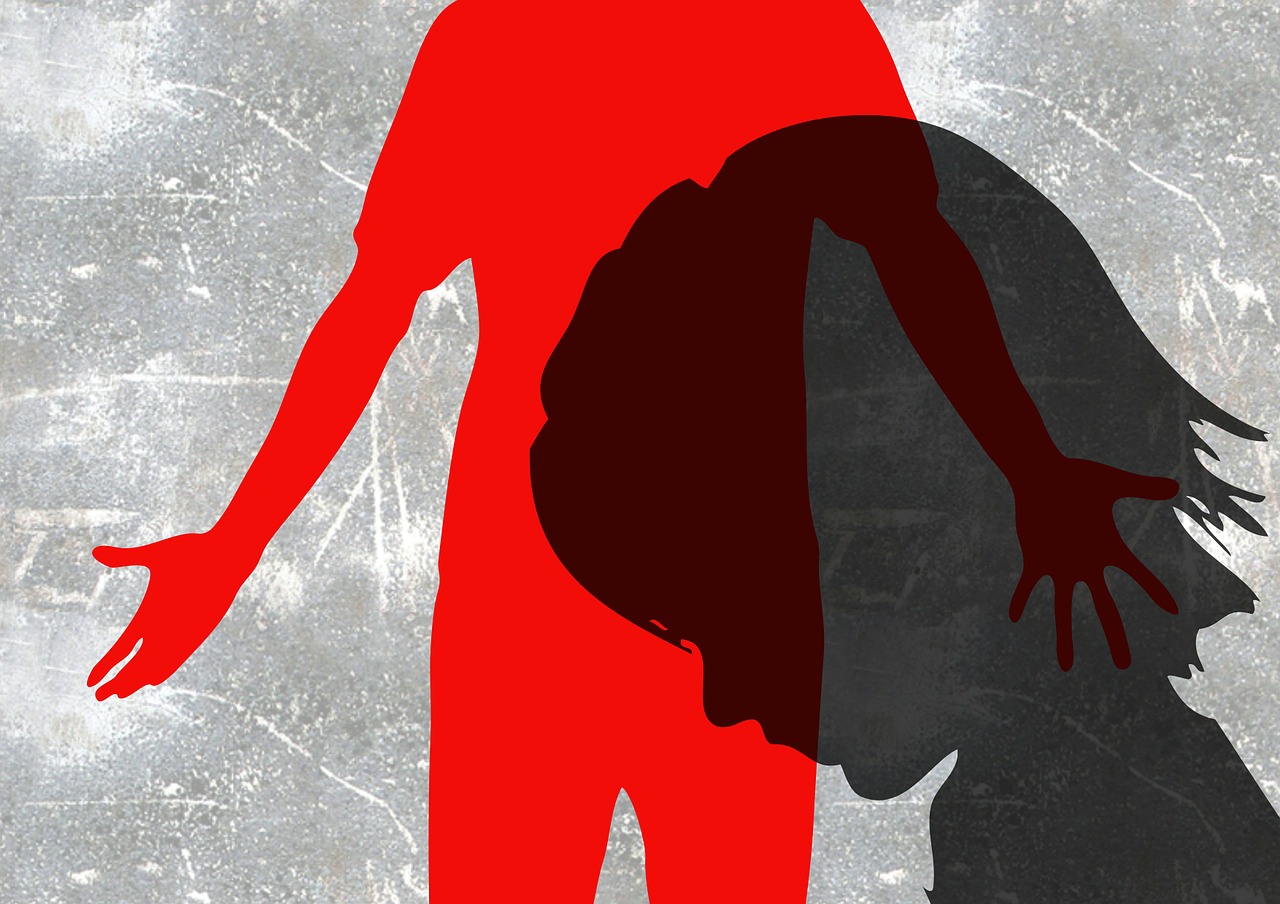


Humanists International has condemned states that are making laws based on religious grounds that are incompatible with their obligations on the human rights of children.
In a statement made at the UN Human Rights Council, Humanists International representative Kacem El Ghazzali highlighted the example of Morocco, which recently adopted a Bill aiming to ratify the Covenant on the Rights of the Child in Islam. Humanists International criticised the prioritization of religious covenants over the human rights standards set and agreed to in international law.
Formerly a Moroccan citizen himself, El Ghazzali noted that several articles in the “Covenant on the Rights of the Child in Islam” conflict and violate the United Nations Convention on the Rights of the Child. For instance, “The Covenant makes a distinction between Muslim and non-Muslim children, therefore enshrining a culture of discrimination between children on the basis of religion.”
It also threatens the right of the child to freedom of expression, because it states that the freedom of the child to dress is subject to it being “in accordance with the Islamic law”, placing a religious norm above human rights standards.
El Ghazzali concluded that, “Depriving children of their right to education under the pretext of protecting them from “the cultural and intellectual influence… which contradict Islamic law” cannot in any way contribute to the coexistence and acceptance of other cultures and religions or beliefs, it only impedes dialogue and communication and deepens hatred and prejudice.”
He called for all those states who had ratified the Covenant of the Rights of the Child in Islam to de-ratify it and instead respect their obligations under international human rights law.
The statement made in Geneva was covered by a number of news outlets in Morocco (Alyaoum 24, Rabat Hespress; Daba Press).
The statement was delivered in Arabic. The full English and Arabic versions follow below:
42nd Session of the UN Human Rights Council (9th – 27th September 2019)
General Debate on Item 8: The Vienna Declaration
Kacem El GhazzaliThe Vienna Declaration emphasizes the need for states to take major efforts “in promoting respect for the rights of the child to survival, protection, development and participation.” (paragraph 21)
In recent years, however, it is regrettable to note that a number of States have begun to legislate treaties based on religious grounds that are incompatible with international child protection conventions, with the aim of disrupting international agreements and renege on signed commitments. For example, the Moroccan Government Council recently adopted a Bill that aims to ratify the Covenant on the Rights of the Child in Islam, which, in several articles, conflicts and violates the Convention on the Rights of the Child.
The Covenant makes a distinction between Muslim and non-Muslim children, therefore enshrining a culture of discrimination between children on the basis of religion. The Covenant also threatens the right of the child to freedom of expression, stating that “the freedom of the child to dress is guaranteed, but should be in accordance with the Islamic law.” This clause can, for example, be misused by some political forces to impose the veil on children.
The Covenant on the Rights of the Child in Islam also stipulates the need for Member States to take the necessary measures to protect the child from what it calls “the cultural and intellectual influence … which contradict Islamic law.” This argument has been used to deny children the right to scientific education; an example of that is Turkey’s removal of the theory of evolution from High School or the Moroccan Islamic education course book which labeled philosophy as misguided, foolish and decaying.
Human rights and children’s rights must not discriminate between individuals on the basis of religion and ethnicity. They must guarantee the same rights to all regardless of belief and race. Depriving children of their right to education under the pretext of protecting them from “the cultural and intellectual influence… which contradict Islamic law” cannot in any way contribute to the coexistence and acceptance of other cultures and religions or beliefs, it only impedes dialogue and communication and deepens hatred and prejudice.
The Convention on the Rights of the Child in Islam is a retreat from the commitments of the Organisation of Islamic Cooperation towards children’s rights. Therefore, we call upon States that have ratified this Covenant to de-ratify it in respect for their international human rights obligations.
“يؤكد إعلان فيينا على أهمية قيام الدول بجهود كبيرة “لتعزيز احترام حقوق الطفل في الحماية والنمو والمشاركة
من المؤسف أن عدداً من الدول شرعت في سن معاهدات تستند على أسس دينية تتعارض مع الاتفاقيات الدولية لحماية الطفل، بهدف تعطيلها والتراجع عن الالتزامات
الحكومة المغربية قدمت مشروعا يهدف التصديق على عهد حقوق الطفل في الإسلام، وهو العهد الذي ينتهك عدة مواد من العهد الدولي لحقوق الطفل
فالعهد يميز بين الأطفال المسلمين وغير المسلمين، وبالتالي يكرس ثقافة التمييز بين الأطفال على أساس الدين. كما ينص على أن “حرية الطفل في اللباس مكفولة ، لكن بشرط أن تتوافق مع الشريعة الإسلامية” لذلك نخشى أن يتم إساءة استخدام هذا البند لفرض الحجاب على الأطفال
يدعوا العهد الى اتخاد التدابير اللازمة لحماية الطفل من ما يسميه ب “التأثير الثقافي… الذي يتعارض مع الشريعة”. الحجة التي يتم عادة اعتمادها لحرمان الأطفال من الحق في التعليم العلمي؛ مثال على ذلك هو إزالة تركيا لنظرية التطور من مقررات الثانوي. أو أحد مقررات التربية الإسلامية بالمغرب الذي وصف الفلسفة بالضلال والانحلال
إن حرمان الأطفال من حقهم في التعليم بحجة حمايتهم من “التأثير الثقافي… الذي يتعارض مع الشريعة ” لا يمكن بأي حال من الأحوال المساهمة في التعايش بين الأديان، بل يعيق الحوار ويعمق الكراهية
لذلك، نناشد الدول التي صادقت عليه أن ترفع المصادقة انسجاما مع التزاماتها الدولية